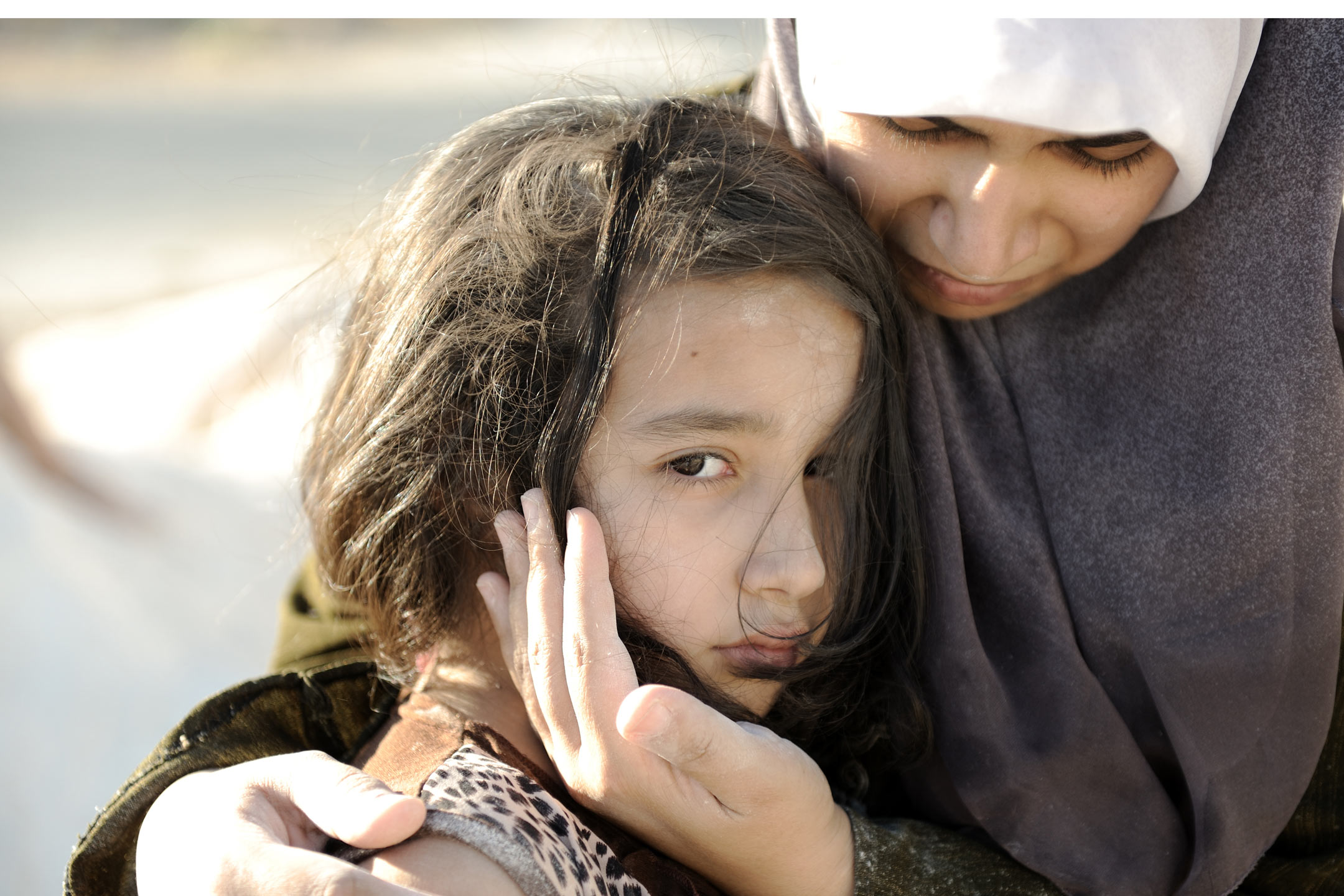
08 Aug The Importance of Five More Squats
Michelle Mitchell says parents should think of a young person’s life like a big gym session (with lots of squats), and a parent like a personal trainer. Just like a personal trainer, a parent needs to help their child develop a tolerance for ‘the burn’ that comes from doing life’s squats.
Resilience enables our children to be strong and healthy after a difficulty. You may have heard people refer to it as the ‘bounce back’ factor which allows children to recover from trauma or hardship. Yet, cultivating resilience isn’t just about what children do in difficult times. It is more about what they do in the moments leading up to difficult times.
Parents are wise to see each small knock as a teachable moment
The way our children handle ‘small knocks’ is crucial, as it will be the foundation for much bigger things. It’s during the small knocks that young people develop their response patterns to life’s future pressures. Parents are wise to see each small knock as a teachable moment that has long-term significance.
That means that each day, in the everyday moments of life, parents are coaching resilience. The best way I can help parents understand the role they play in developing resilience is by using the following analogy.
They should know how to respond when they meet resistance.
Think about a young person’s life like a big gym session (with lots of squats), and a parent’s role like a personal trainer. Young people need our help to develop a tolerance for ‘the burn’ that comes from doing life’s squats. We must help them develop the capacity for the emotional pain that inevitably happens in life as they live, grow, fail, get up again, fail some more and conquer their dreams. They should know how to respond when they meet resistance.
We don’t want our young people to push past their emotional capacity to the point of collapse, but we do want them to know how to work with the burn and get another five squats out of themselves without breaking down. This requires a mental strength that says, “I can handle this.”
Our job as a parent coach is critical.
A poor coach would allow them to sit the session out every time the burn starts. He or she would pull up a chair for the young person, bring them and a Coke and say, “Take a rest. Sit this one out. I know we are supposed to be training today but you look tired. There is always tomorrow.”
A great coach will probably do the opposite. He or she might say, “You can do it. You’ve only got five more squats to go. Stay focused. Let me wipe your sweat. Let me count you down. If you need to shake it out, that’s okay. If you need to breathe, breathe. Your goals are worth it. You are worth it.”
There is a real art to saying, “I believe you can”, creatively, especially when a young person is blocking any positive input. Here are some creative ways to say that might help you be an awesome parent coach today:
- I am not sure I would have done such a good job at your age.
- You have shown so much strength so far.
- No, opting out is not an option. You have too much to offer.
- There are some things in life which are important to do, this is one of them.
- What is the most challenging part of this task? How are you going to approach it?
- What can I do to support you? What do you need from me today?
- I am really proud of you. Let’s celebrate once you have accomplished this.
Michelle is an educator, author and award-winning speaker whose passion is to support families as they build resilience in young people. In 2000 Michelle left teaching and founded Youth Excel, a charity which supported thousands of young people with life skills education, mentoring and psychological services. Michelle’s hands-on experience in the health and wellbeing sector has made her an engaging and sought after speaker. She lives in Brisbane, Australia with her husband and two teenagers.
 Michelle Mitchell’s “Everyday Resilience: Helping Kids Handle Friendship Drama, Academic Pressure and the Self-doubt of Growing Up”. It is suitable for parents of children 6 – 17 years old and has a school issues focus. This book is available in all good bookstores. Published by Big Sky Publishing, RRP $24.99.
Michelle Mitchell’s “Everyday Resilience: Helping Kids Handle Friendship Drama, Academic Pressure and the Self-doubt of Growing Up”. It is suitable for parents of children 6 – 17 years old and has a school issues focus. This book is available in all good bookstores. Published by Big Sky Publishing, RRP $24.99.




